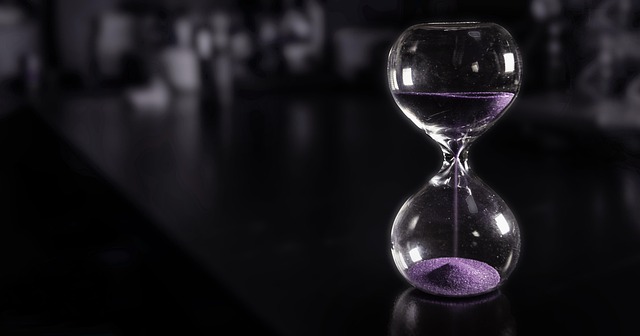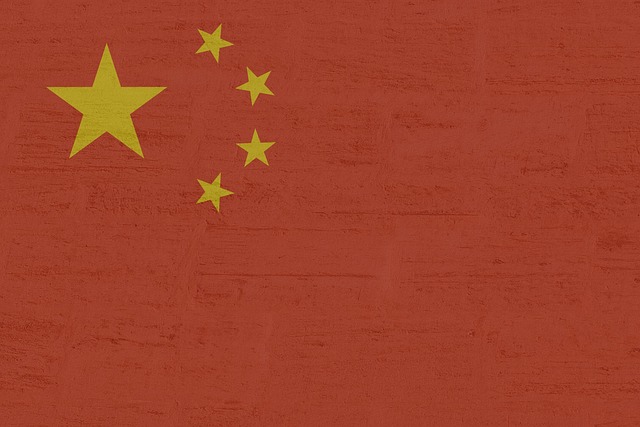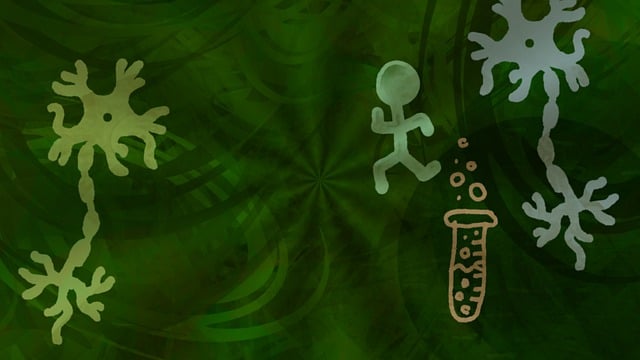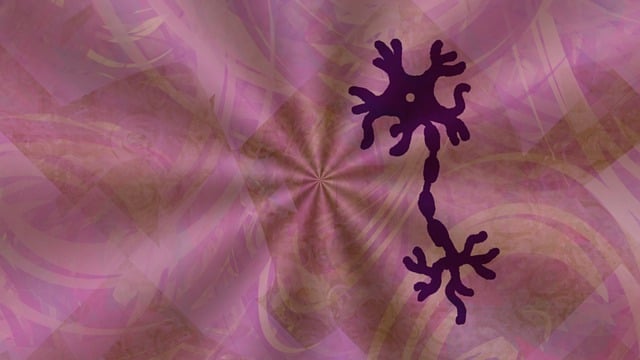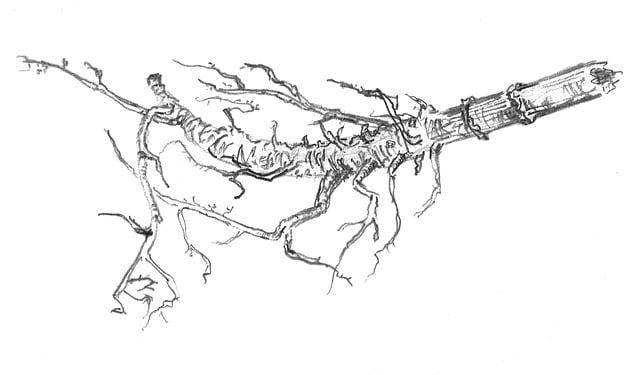Chiropractors offer a popular and effective treatment for pinched nerves after a crash, focusing on spinal adjustments, manual manipulation, and targeted exercises to relieve pressure, promote healing, and restore function without surgery. They also provide patient education on postural correction, ergonomic adjustments, and lifestyle changes to prevent future impingements.
Suffering from neck and back pain after an accident? Discover effective solutions for treating nerve impingement, especially after a crash. This comprehensive guide explores the condition’s causes, focusing on understanding nerve compression post-collision. We delve into chiropractic care as a non-invasive treatment option, offering relief without surgery. Additionally, we provide recovery strategies to speed up your path to healing. If you’re seeking a natural approach to managing pinched nerves after a crash, this article is your go-to resource.
- Understanding Nerve Impingement After a Crash
- Chiropractic Care for Pinched Neck and Back Nerves
- Non-Invasive Treatment Options and Recovery Strategies
Understanding Nerve Impingement After a Crash
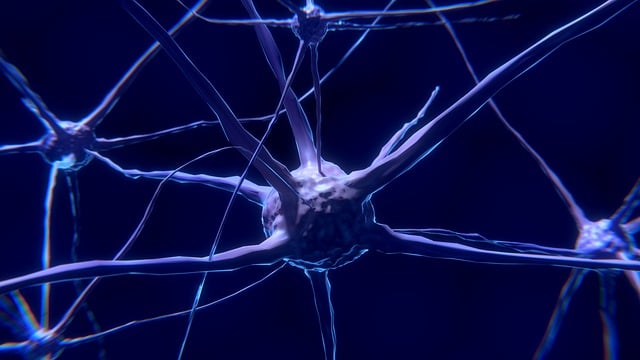
After a crash, whether it’s a car accident or a sports injury, understanding nerve impingement is crucial for effective treatment. When trauma occurs, the impact can lead to compression or irritation of nerves in the neck and back regions. This condition, known as nerve impingement, results from damaged soft tissues, such as muscles, ligaments, or discs, pressing against nearby neural structures.
Seeking professional help from a chiropractor is often recommended for the treatment of pinched nerves after a crash. Chiropractors are experts in diagnosing and treating musculoskeletal disorders, including nerve-related issues. They employ various techniques like adjustments, manipulations, and therapeutic exercises to relieve pressure on the affected nerves, promote healing, and restore optimal function.
Chiropractic Care for Pinched Neck and Back Nerves
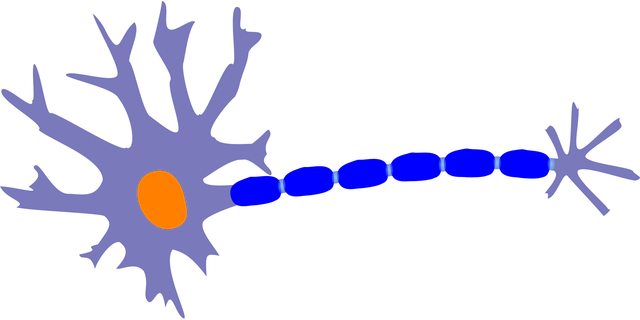
Chiropractic care has emerged as a popular and effective treatment option for individuals suffering from pinched neck and back nerves, often as a result of a crash or trauma. Chiropractors are specialists trained to diagnose and treat musculoskeletal disorders, focusing on the relationship between the spine and nervous system. When nerves in the neck or back become impinged due to a sudden impact, like a car accident, chiropractic manipulation can play a crucial role in relief and recovery.
This type of treatment involves gentle adjustments to the spinal column, aiming to reduce pressure on the affected nerves. Chiropractors use various techniques, including manual adjustments and targeted stretches, to improve nerve function and restore mobility. By addressing the underlying structural issues, chiropractic care not only provides immediate pain relief but also supports long-term healing and prevents future complications for patients seeking a natural approach to managing pinched nerves after a crash.
Non-Invasive Treatment Options and Recovery Strategies

Many individuals suffering from neck and back nerve impingement seek non-invasive treatment options, especially after experiencing discomfort following a crash or trauma. A chiropractor is often the first point of contact for such patients, as they can offer effective care without the need for surgery or invasive procedures.
The recovery process involves a combination of hands-on manipulation, targeted exercises, and patient education. Chiropractors may employ various techniques to relieve pressure on pinched nerves, including spinal adjustments, soft tissue therapy, and specific stretching routines. Additionally, patients are typically advised on postural correction, ergonomic adjustments, and lifestyle modifications to prevent future impingements and promote long-term recovery.
After a crash, experiencing pain due to nerve impingement in your neck or back can be debilitating. Fortunately, non-invasive treatments, including chiropractic care, offer effective solutions. Chiropractic adjustments and specialized techniques can help alleviate pressure on the affected nerves, promoting healing and reducing discomfort. Combining this with targeted exercises and other recovery strategies facilitates a comprehensive approach to managing pinched nerves post-crash, enabling individuals to regain mobility and find lasting relief.






